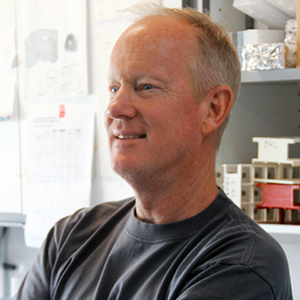By the time we are adolescents most of us have been in contact with several of the >50 human adenovirus (HAd) serotypes. These common subclinical infections lead to an efficient anti-adenovirus cross-reacting adaptive immunity. During gene therapy, the ubiquitous anti-adenovirus humoral response and complement activation will modify and dictate vector biodistribution, as well as the response to the virion and transgene(s). In this study, we assayed the interactions of a xenogenic adenovirus derived from canine serotype 2 (CAV-2) with naturally occurring human antibodies (Abs) and the complement system. In our cohort, we found class G immunoglobulins (Igs) that recognized the intact CAV-2 virion and the external virion proteins. However, the majority of donors had low or no neutralizing Abs, class A, or class M Igs. Purified anti-HAd serotype 5 Abs also recognized CAV-2 virion proteins. In addition, in spite of the presence of anti-CAV-2 IgGs, CAV-2 poorly activated the classical and alternative complement cascades. This atypical response was due to a block upstream of the component 3 (C3) convertase and interplay between the component 1 (C1) inhibitor, the C1q-C1r2-C1s2 complex and CAV-2. Our data demonstrate that some xenogenic adenovirus vectors, like CAV-2, could lead to notably different outcomes following systemic delivery.
Interactions between human plasma components and a xenogenic adenovirus vector: reduced immunogenicity during gene transfer
Perreau, M.; Guerin, M. C.; Drouet, C.; Kremer, E. J.
2007
Mol Ther
2007-11 / vol 15 / pages 1998-2007
Abstract
IGMM team(s) involved in this publication

Eric J Kremer
Adenovirus: receptors, trafficking, immunogenicity & vectorology
Tags
Humans; Signal Transduction; *Immunogenetics; *Transduction, Genetic; Adenoviridae/*genetics/*immunology; Antibody Formation/immunology; Blood Proteins/*immunology/*metabolism; Cross Reactions; Genetic Vectors/*genetics/*immunology; Immunoglobulin G/immunology; Plant Lectins/metabolism; Ribosome Inactivating Proteins/metabolism
